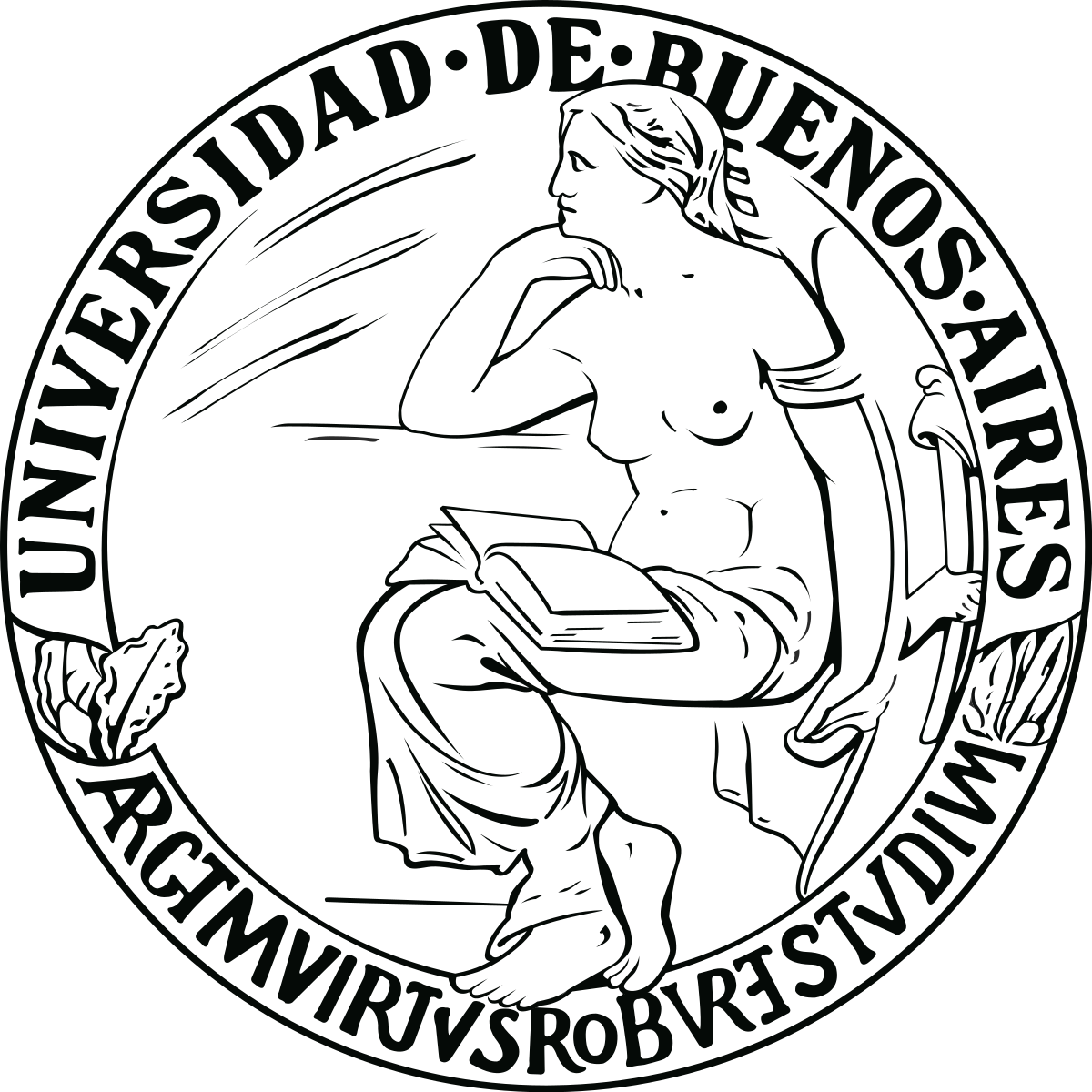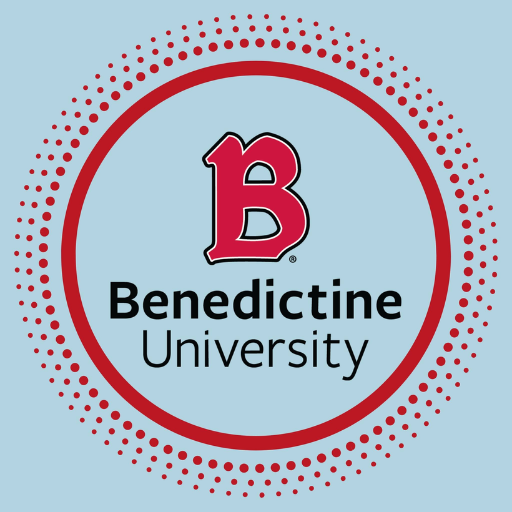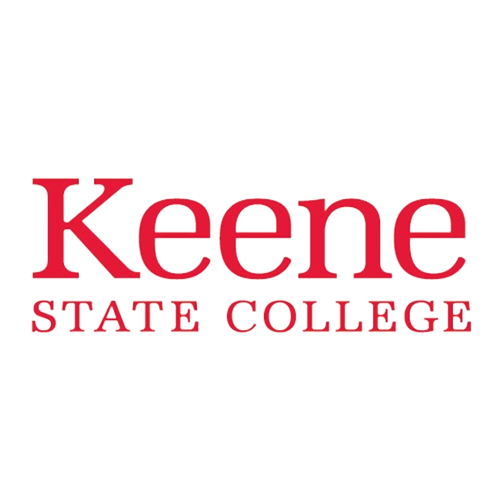POLITICAL SCIENCE COURSES
POL 101
American Government
This introductory course presents the dynamics of American politics and government. Such factors as public opinion, interest groups, political parties, mass media, Congress, the Presidency, the bureaucracy and the courts are analyzed. The national level of American government is emphasized in this course. GENERAL STUDIES FOUNDATIONS-SOCIAL SCIENCE
POL 202
International Relations
This course provides an introduction to international relations by analyzing the foreign policy of states, the international system, and the role of non-state actors. The goal is to teach students how to understand the multifold activities that take place in the international arena. GENERAL STUDIES FOUNDATIONS-SOCIAL SCIENCE
POL 205
Comparative Politics
The concepts of systems analysis are used in the study of structures and processes of foreign political systems. Both theoretical and case study materials are used to show the similarities as well as the differences in the ways people govern themselves. GENERAL STUDIES FOUNDATIONS-SOCIAL SCIENCE
POL 206
Political Inquiry
Political Inquiry will introduce students to the world of social science research. By the end of the course, pupils will learn to formulate research questions, craft hypotheses, identify dependent and independent variables, fashion thesis statements, and realize different levels of analysis. Students will also be introduced to different qualitative and quantitative methodologies that political scientists employ to conduct research.
POL 207
Research Methods in Political Science
The social scientific study of politics and public policy is introduced in this course, which includes skill development in hypothesis formulation, measurement, research design, survey research and statistics through multivariate analysis. Prerequisite: POL 206 GENERAL STUDIES FOUNDATIONS-QUANTITATIVE
POL 210
The U.S. Congress
This course introduces students to the history of the Congress, the characteristics and behavior of its members, the impact of Congressional elections, institutional powers and operations, Congressional relationships with other branches of government, the impact of public opinion on policy making, and methods to assess the democratic performance of the institution.
POL 212
U.S. Presidency
The powers of presidents and the different roles they play in our polity will be studied in this course. We will examine how the office changed historically, what policymaking tools presidents utilize, and how chief executives interact with other government officials. The course will also explore the path to winning the presidency.
POL 214
Public Policy
Students in this course study how policies are made by governments. Half of the course is devoted to a comparative analysis of three major policy perspectives or ideologies, along with a description of popular models of the policymaking process. The other half of the course uses this theoretical background to focus on policy case studies from fields including economics, health care, education and the environment.
POL 216
Law and Society
This is an introduction to the social scientific study of law and legal systems. The course addresses such issues as the nature of law and its functions in society, including social control, dispute settlement and policymaking. It examines the attributes and organization of legal systems and particularly, although not exclusively, the American system. It also offers an overview of the roles and functions of lawyers and judges and a more focused examination of Supreme Court decision-making. Some familiarity with American politics and institutions is assumed.
POL 218
Public Administration
This course will focus on two component parts of the study of public entities: the bureaucracy and nonprofit organizations. Students will learn foundational components of the study of public administration, appreciate the intricacies of different types of public organizations, understand governance and leadership of public and nonprofit agencies, identify the functions and tools of the bureaucracy and nonprofit sector, and recognize how these institutions finance their activities.
POL 220
Urban Politics
This course will focus on two important aspects of urban places: people and power. The class will teach students about the nation’s federalist structure, various forms of local government, theories of local power, the roles of social capital and civic engagement in municipal administrative and policy processes, and the ways structures can include and exclude subsets of a population. GENERAL STUDIES CONNECTIONS COURSE
POL 231
Criminal Law
This course is an introduction to the study of criminal law. The principles of American criminal law are examined using the case method. Among the topics covered are the general principles of criminal liability, the elements of various crimes, and defenses. The structure and operation of the criminal justice system are also reviewed.
Prerequisite: POL 101 or 216 or permission of the instructor
POL 240
Special Topics in Political Science
This course offers special topics of current interest in political science.
POL 242
Human Rights
Human rights represent one of the greatest challenges facing our world today. This course explores the politics of the many theoretical, historical and cultural issues surrounding the contemporary human rights debate. GENERAL STUDIES CONNECTIONS-GLOBAL
POL 250
Political Geography
This course is designed to teach the basic principles of geography in political context so that geography can be used meaningfully to solve political problems. The course relies on a series of applications that require printed and on-line maps. Students will learn how to create original maps as well as how to interpret maps in a variety of formats including satellite photography. A significant course for International Relations and Comparative Politics students, it also fulfills national and Pennsylvania geography requirements for secondary school social science teacher certification students.
POL 260
The Politics of Russia and Neighboring States
This course is designed to familiarize students with the major issues in the maelstrom of early 21st century Russian economic and political transformation. Russia contends with its own contradictions: major military and diplomatic status; Third World economic status; peace program and internal wars; democratic structure; and Czarist function. The course considers the fall of the Soviet empire, the failures of democratization and market bolshevism, the burglary of the state economy and the legacies of Czarism, wars and political terror, et al.
POL 273
Globalization
Globalization represents one of the most important forces shaping our world today. While some argue that it brings people closer together, others view it as a source of fragmentations and destruction. This course explores the economic, political and social impacts of globalization on our world. Students analyze globalization in historical, economic, political and cultural contexts. Topics in this course are examined from a range of perspectives, and students are encouraged to draw their own conclusions on the positive and negative impacts of globalization. GENERAL STUDIES CONNECTIONS-GLOBAL
POL 295
Wheeling and Dealing: The Theory and Practice of Negotiation
The purpose of this course is to examine a number of theoretical perspectives on negotiating and to develop in students those skills necessary for successful negotiation. In addition to readings on the topic, students use a variety of social science learning methods including role playing, computer simulation, video instruction, and written and filmed case studies. General studies social science.
POL 314
Classical Political Theory
This course examines the origins of political society and the evolution of political concepts such as legitimate authority, liberty, justice, divine right, civil society and the rule of law. We will trace the development of these ideas from antiquity through the early modern era, seeking to examine how they inform contemporary political ideals. GENERAL STUDIES CONNECTIONS-GLOBAL
POL 315
Political Theory
This course examines the modern political concepts that have molded our contemporary political climate, including our ideas of justice, equality, individual rights and liberties, economic entitlements, and the foundations of civil society. GENERAL STUDIES CONNECTIONS-HUMANITIES
POL 321
Environmental Policy
After a brief history and discussion of the theory behind environmental policy, this class will devote its time to an extended description and critical discussion of specific environmental policies. This discussion is broken into two main categories: policies dealing with pollution and public health (including waste and air and water pollution), and policies dealing with land management and the public realm (including agriculture, public lands and sprawl).
Prerequisite: POL 101 or 214 or permission of the instructor
POL 322
Political Parties, Elections and Interest Groups
This is an analysis of the political organizations, including the political parties and pressure groups operating in the American political system. Students are expected to participate in supervised field work.
Prerequisite: POL 101
POL/PUH 330
Global Health
This course is designed to offer an introduction to major issues in public health by analyzing these issues from national and global perspectives. A review of case studies and theoretical approaches will help illustrate the challenges – and solutions – involved in addressing diseases and illnesses in the 21st century. This course gives special attention to the relationship of health to globalization, poverty, identity and conflict. Cross-listed as SYN330 for General Studies Synthesis credit.
POL 331
Criminal Law
This course is an introduction to the study of criminal law. The principles of American criminal law are examined using the case method. Among the topics covered are the general principles of criminal liability, the elements of various crimes, and defenses. The structure and operation of the criminal justice system are also reviewed.
Prerequisite: POL 101 or 216 or permission of the instructor
POL 340
Topics for Political Analysis
This is a seminar on a selected topic of interest to students and faculty in political science. The focus is on materials and method as well as the content of the topic. Recent topics covered were political leadership, women in politics, and the theory and practice of democracy.
POL 345
Latin American Politics
Many world problems emerge in Latin America — high infant mortality, drugs, hunger, population growth without jobs, economic stagnation, the debt crisis, foreign aid, trade and outside intervention. This course is about the origins of traditional and contemporary political problems and potential remedies for these problems. Students are encouraged to do the assigned reading with a view to offering their own analyses and possible solutions.
POL 352
International Law and Organizations
This course introduces students to the theories and practices of international law and international organizations. The course analyzes contemporary international laws in several areas, including human rights, security and the environment. Organizations covered during the semester include the United Nations, international financial institutions, regional organizations, nongovernmental organizations and other non-state groups.
Prerequisite: POL 202
POL 371
Constitutional Law
This course is a study of the United States Constitution as interpreted by the United States Supreme Court, concentrating on fundamental constitutional doctrines of judicial review, federalism and separation of powers. Emphasis also is placed on understanding the role of the judiciary in the American constitutional system, as well as the importance of considering the political and historical context in which any given constitutional doctrine is developed. This course is taught using the case method.
Prerequisite: POL 101 or 216 or permission of the instructor
POL 372
Civil Liberties
This course is an intensive analysis of constitutional provisions and United States Supreme Court decisions regarding protections for individuals against excessive governmental interference (civil liberties) and provisions by which individuals may use government power to protect themselves against certain forms of discrimination (civil rights). Emphasis is placed upon the 13th, 14th and 15th Amendments, including the Equal Protection Clause and Due Process Clauses of the 14th Amendment as well as various Congressional enactments intended to further the purposes of those amendments. Such topics as the right to privacy, abortion, the rights of the criminally accused and other controversial and contemporary issues are covered. This course is taught using the case method.
Prerequisite: POL 101 or 216 or permission of instructor
POL 399
Internship
Students are involved in a local or off-campus public bureaucracy, nonprofit organization or other political activity under the supervision of an Albright instructor and a mentor at the internship location.
POL 401
Seminar on American Politics and Government
This is a reading seminar on institutions, processes, personalities and outcomes of domestic politics and public policy. Readings are selected to provide students with an understanding of the scope of the approaches used by political scientists when studying institutions, behavior and culture. Designed for juniors and seniors in political science.
Prerequisite: POL 101
POL 403
Seminar on US Foreign Policy
A seminar examining the processes and functioning of the United States political system in the area of foreign policy determination. The decisions the U.S. has made and their effects are analyzed and evaluated. Designed for juniors and seniors.
POL 412
Seminar in Law and Public Policy
This research seminar examines the role of the Supreme Court in the formulation, administration, consequences and evaluation of public policy. In order to facilitate understanding of the complex interplay between private and public actors characteristic of this subject, the seminar involves intensive examination of one or more policy areas. Examples of such policy areas include the limitations of the judiciary as a public policy actor, the continuing controversy over the establishment and free exercise of religion clauses, and the controversy over the death penalty.
Prerequisite: POL 216, 371 or 372, or permission of the instructor
POL 420
Seminar on Global Poverty
Global poverty and its consequences are among the greatest challenges of our time. This course introduces students to the theories, research methods and practices of international development, a subfield of political science in which poverty in the countries of the global south is the central concern. In this course students will analyze measures of development, the history of the field, competing paradigms, and the roles of aid, trade and debt relief. This course is open to juniors and seniors in the Political Science and International Relations programs. Other students may join with instructor permission.
POL 440
Seminar
A seminar on a selected topic of interest to students and faculty in political science. The focus is on materials and method as well as the content of the topic. Designed for juniors and seniors in political science.
Prerequisite: POL 101
POL 450
Power and Seminal Readings in the American Polity
This course will introduce students to seminal readings in different subfields of American politics. In the first part of the seminar, students will become acquainted with how power is perceived and studied. In the second part of the course, students will read major works by various scholars of the American polity. Thus, by the end of the class, students will realize different personifications of power and recognize influential literature across the field of American politics. Prerequisites: POL101, POL 214, POL218 or Permission of the Instructor.
PUBLIC HEALTH COURSES
PUH 101
Introduction to Public Health
This is an introductory survey course to public health. The course will discuss the historical development of public health as a field, provide students with a methodology for understanding populations and introduce students to the basic tenets and applications of public health. The course will utilize guest speakers and case studies to present the framework of public health.
PUH 250
Health Issues Around the World
Human health and disease is the result of a complex interaction of physiological, environmental, geographic, cultural, socio-economic and political factors. Even the perception of illness and health varies significantly throughout the world, and therefore this course will examine the overall context of these issues. Most undergraduates have a very limited exposure to other parts of the world, and so the course will include a discussion of unique problems encountered in different regions, with particular emphasis on developing countries and the plight of indigenous populations. Student engagement is a key element, and students will become more directly involved through research reports, presentations of case studies, group projects and a term paper. GENERAL STUDIES CONNECTIONS-GLOBAL
PUH 310
Epidemiology
This course will introduce students to basic principles and methods used in epidemiology. The course will include basic research design, estimating outcome measures, and establishing cause and effect and effectiveness of interventions to prevent and cure disease. General Studies Connections-Global
PUH 330
Global Health
This course is designed to offer an introduction to major issues in public health by analyzing these issues from national and global perspectives. A review of case studies and theoretical approaches will help illustrate the challenges – and solutions – involved in addressing diseases and illnesses in the 21st century. This course gives special attention to the relationship of health to globalization, poverty, identity and conflict. Cross-listed as SYN330 for General Studies Synthesis credit.
PUH 440
Seminar
A seminar on a selected topic in public health. The focus is on materials and method as well as the content of the topic.
Show less














